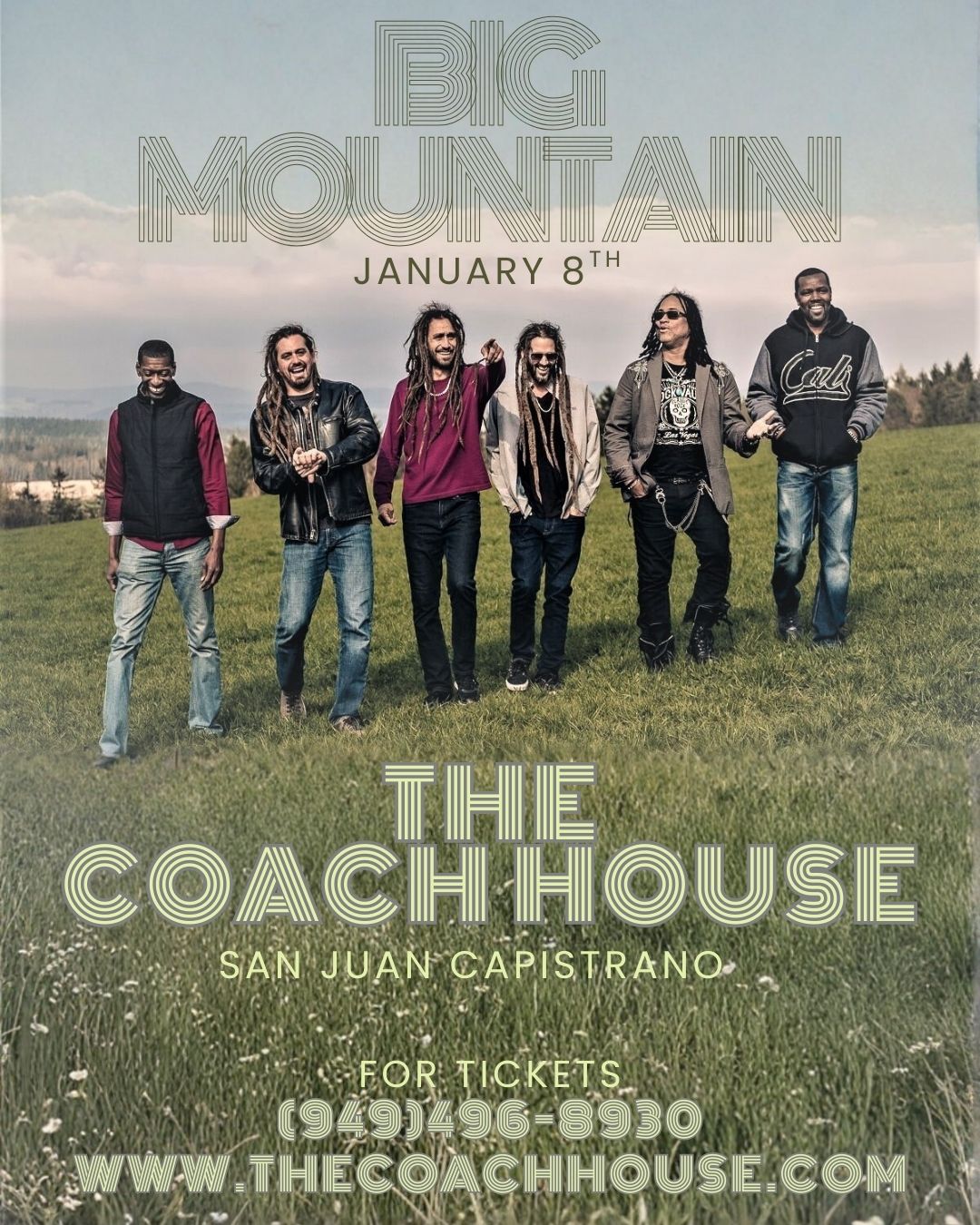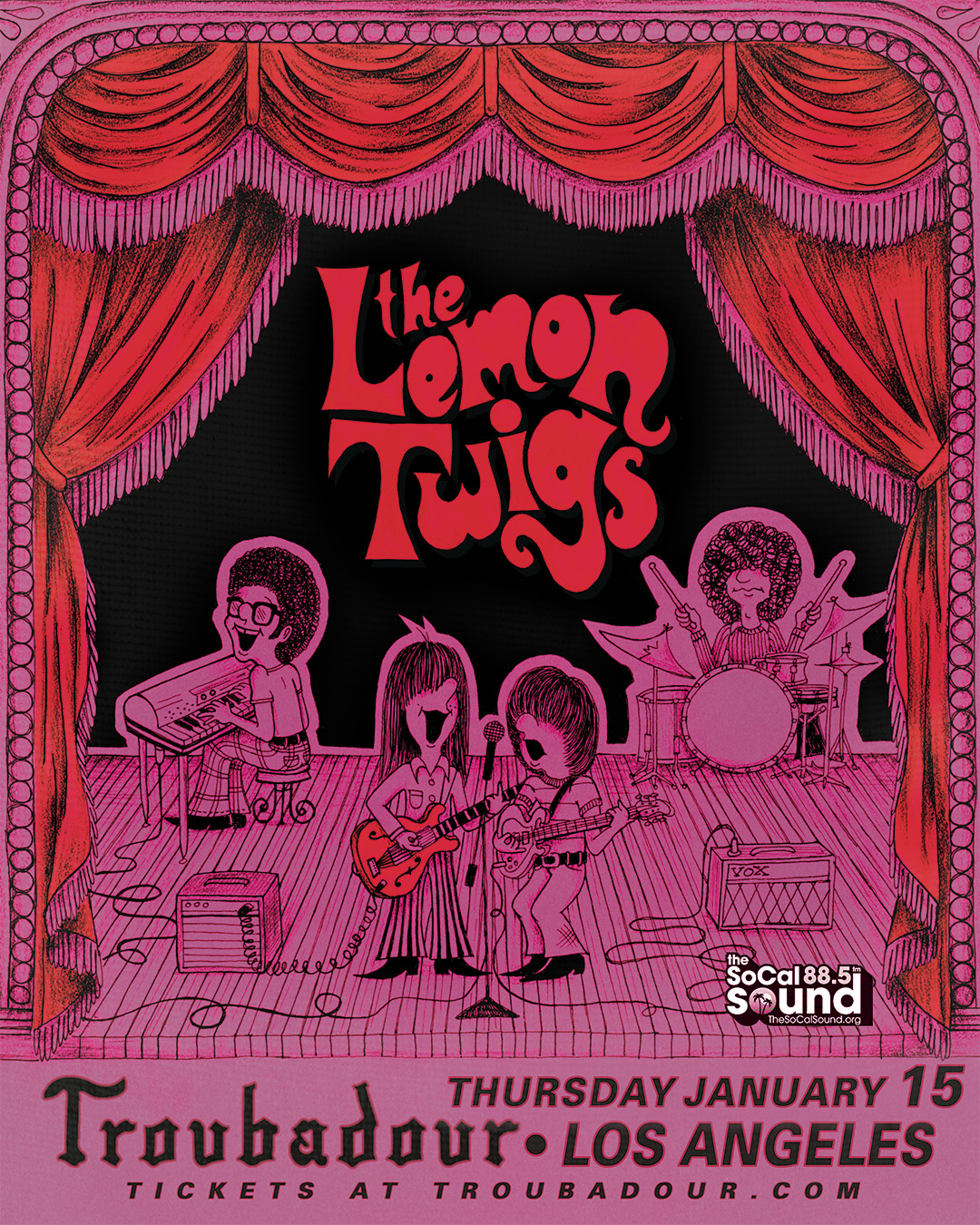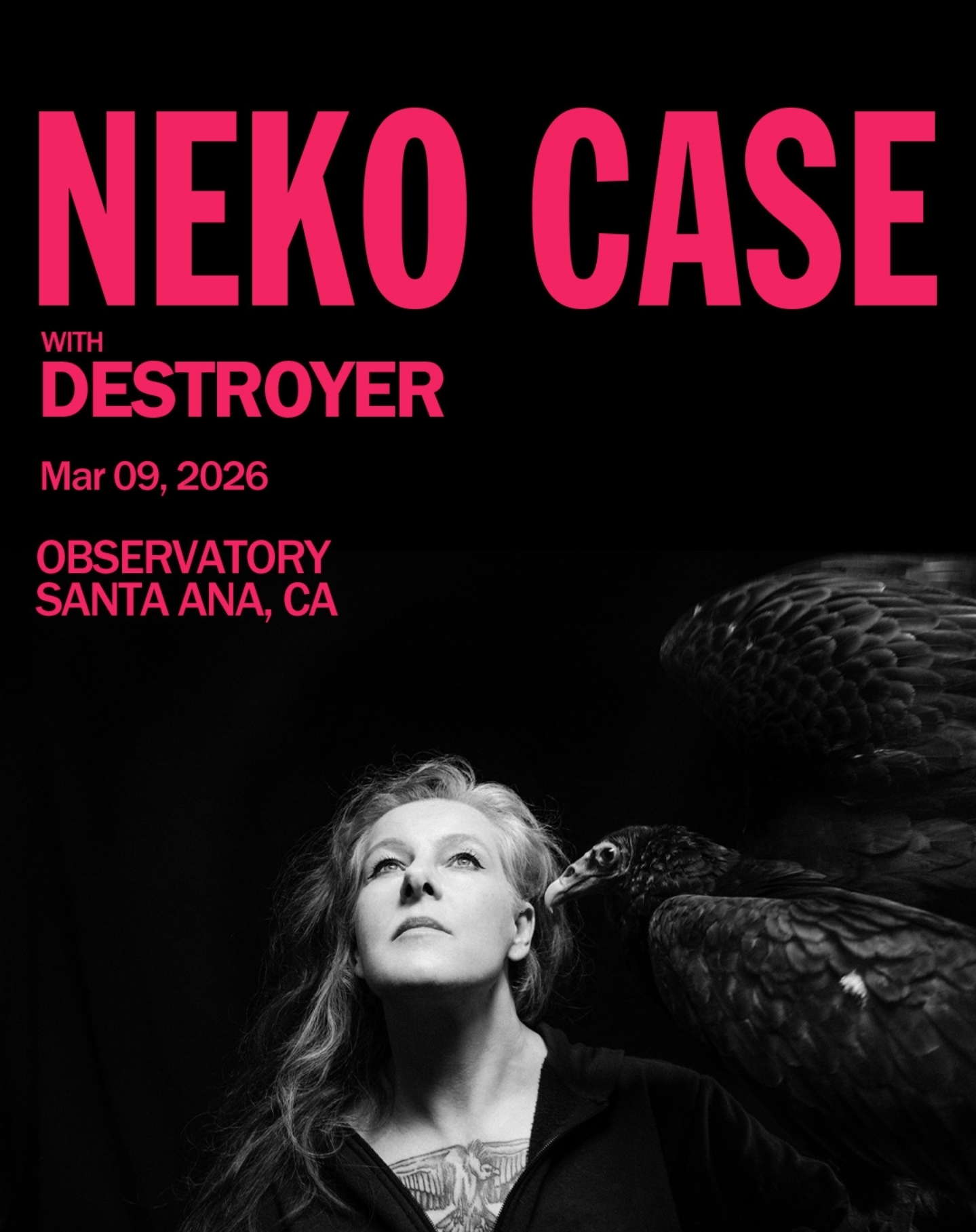At The SoCal Sound, we believe in empowering artists to protect their creative works. In a recent conversation, Afternoons host Matt Pinfield sat down with Brian Blatz, an entertainment attorney from Whitmore Law, to discuss the crucial topic of music rights. Whether you’re a musician, songwriter, or involved in any form of creative work, understanding your rights is vital to ensuring your talent is protected and properly compensated.
Here’s a breakdown of the key insights from their discussion:
1. The Importance of Music Rights for Creators
Brian Blatz starts by highlighting the importance of knowing your rights as a creative professional. While the legal side of things may feel overwhelming or tedious, it’s crucial to protect your work early on. As an artist, you have two main types of rights to consider: sound recording rights (the actual recording of a song) and composition rights (the underlying lyrics and melody). Both have distinct legal protections, and it’s important to understand them thoroughly.
2. Registration is Key
One of the first steps to protecting your work is registering it with the U.S. Copyright Office. Although copyright law automatically grants you rights to your creations the moment you produce them, registration makes it much easier to prove ownership should a dispute arise. Without proper registration, proving your rights later can become difficult.
3. Clarifying Ownership and Percentage Splits
A common mistake made by artists is not clearly defining who owns what percentage of a song from the start. Whether you’re involved in the writing, recording, or performing of a track, you must outline these ownership details upfront. Failing to do so can lead to disputes down the line, especially if the song becomes widely popular.

4. Protecting Your Work from the Start
Brian stresses that legal issues often arise when artists don't make decisions about ownership and rights before things get complicated. As a musician, if your song gains traction and you haven’t formalized agreements, you could find yourself excluded from receiving credit or compensation, even though you played a pivotal role in creating the work.
5. The Role of Legal Representation
Having a knowledgeable entertainment lawyer like Brian Blatz can make a world of difference. Entertainment attorneys are there not only to represent you in legal matters but also to guide you through the complexities of music rights, ensuring that you don’t miss critical steps. This legal support is vital for artists who are focused on creating but need help navigating the business side of the industry.
6. Public Performance and Sync Licensing
Brian explains that artists can earn money every time their music is played publicly—whether on the radio, in a venue, or even on TV or in movies. This is known as public performance rights. Additionally, if your music is used in commercials, films, or TV shows, it’s called sync licensing. Both are valuable revenue streams, and artists should ensure they’re getting their fair share by registering with Performing Rights Organizations (PROs).
7. The Changing Landscape of Labels
The traditional record label model is evolving, and artists need to understand how these shifts affect their rights. While labels help distribute and promote music, they often come at a high price. For instance, artists may have to pay back large advances through album sales and tours. It’s important for musicians to fully understand the terms of any deal before signing on the dotted line.

8. Trademarks and Protecting Your Image
Another key point discussed was the importance of trademarking your name, image, and likeness. In today’s global digital landscape, it’s easier than ever for others to use your identity without permission. Registering your trademark helps ensure that only you can capitalize on your brand and prevents others from profiting off of your name and likeness.
9. Digital Distribution and Royalties
With the rise of streaming platforms like Spotify, Apple Music, and YouTube, artists can reach a global audience. However, this also means artists must be proactive about getting their music onto these platforms. Companies specializing in digital distribution can help artists get their music out there while ensuring they’re getting paid for streams and downloads.
10. The Bottom Line: Protect Your Future
The discussion concludes with a powerful reminder: protecting your music rights is essential for your long-term success. Whether you’re just starting or have already achieved some recognition, having your legal bases covered will safeguard your future and ensure you’re compensated fairly for the magic you create.

At The SoCal Sound, we’re all about supporting and uplifting the music and artist community. If you’re unsure about your music rights or need guidance on how to protect your work, we encourage you to reach out to professionals like Brian Blatz at Whitmore Law. Remember, the more you know about your rights, the more you can focus on what matters most—creating the music that moves the world.
Whitmore Law is dedicated to supporting and assisting performers, songwriters, producers, composers, and all music professionals in every endeavor. +1 (805) 341-0634 or https://www.whitmore-law.com/








